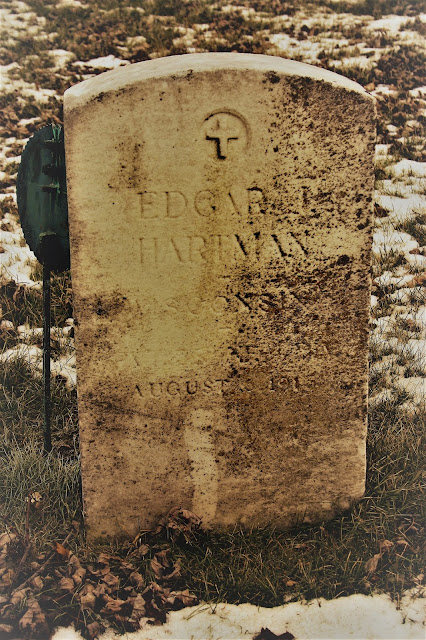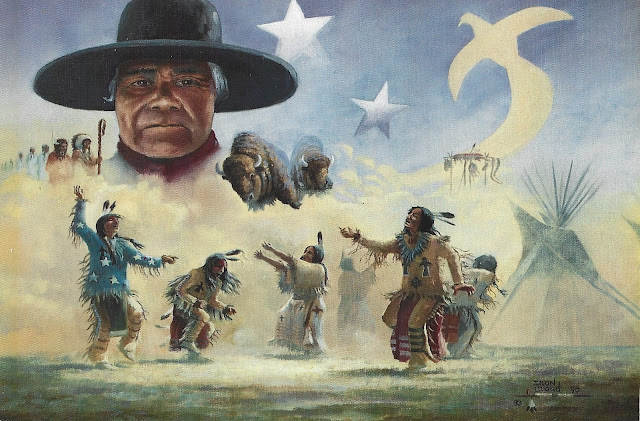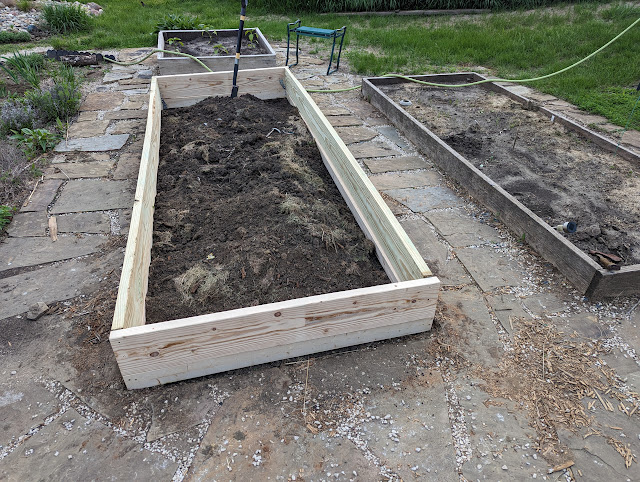It's been a long time since I ran a story on the blog, even longer since I've written one--fiction, actual imaginative literature.
When the Schaap family--a new baby had just arrived--moved back to Iowa in 1976, a portion of my motivation was to be able to find time to write. I'd loved high school teaching, but I'd come to understand that every ounce of my creativity was going into class preparation, trying to find ways to make material quite naturally uninteresting to 17-year-olds into wonder-filled moments of growth. Getting a college job, I believed, would allow me to write, and I wanted to write. I didn't know what exactly, but I wanted to write.
The Roots phenomenon (Alex Haley) was huge back then, and I had special reasons to be affected by Haley's searching in genealogy. I'd left northwest Iowa with little interest in ever returning, largely because I felt victimized by an altogether too wholesome sense of self-righteousness shared by just about everyone I knew. Like nothing else, I'd wanted out just six years earlier; six years later, I was returning.
There had to be more to the story, had to be a better story, I thought. But what was it?
Those questions, the questions posed by Alex Haley in Roots, became of interest to me. I wanted to know more about how these Dutch-Americans (me included) got to be where they were--morally, culturally, religiously, spiritually.
One night, out with my wife's folks somewhere south of Ireton, my father-in-law pointed out the land his parents rented when they were married and began farming. We happened by a cemetery with few stones just a few miles away. I got out of the car, walked through the place, read what I could, then asked. Neither Mom nor Dad knew really, but speculated--it's residents were mainly children--that some kind of plague or fever had run through the neighborhood--so many kids had died.
It was surprising and sad that no one knew the story, a story of true anguish and grief among people overflowing with religion. I couldn't help wonder how things went back then, early years of the 20th century.
I wanted to write, and I wanted to know the story, my story really, the story of a people I'd come, sometimes angrily, to identify as "my people." That's when it struck me that I could learn some things about writing simply by reading the stories of immigrants to America, stories like my own family's. I'd read, find a good one, then try to write it. I had relative confidence I could create landscapes and even develop characters into something multi-dimensional. What I didn't know was how to define a story--what is a plot actually.
In 1977 I began writing short stories based on anecdotes I'd read hither and yon, wherever I could find historical record of what it must have been like for deeply religious people, my people, to leave home behind and wander into a new land.
We were in Sioux County, so my parents-in-law recommended Charles Dyke The History of Sioux County. Great advice.
This story< "The Trapper," is unapologetically dark. But it's one of my very first.
~ * ~ * ~ * ~
Smid jerked around, as if some eternal drums had unexpectedly stopped. He stared at the farm behind him, feeling for the gun with his right hand. No, he hadn't forgotten. He pulled the pistol from his coat pocket, hearing Klassens echoes through the windstill morning.
"Don't shoot de verrekte beesten, Smid, use de fork. But if you must, just vonce, ja, ant in de head. An' be sure to go early. An' skin dem too yet vonce de zame day."
Evert Klassen commanded much more before he left his hired man alone. Sitting aboard the buggy, right hand on the reins, his left arm slicing the air, he seemed to be preaching as he left the yard, while his wife and five children, bundled against the damp, late fall air, sat still as sleeping birds behind him. All Smid remembered now was the business about the trapline--use the stick, not the gun, stretch them tight, flesh them clean, and don't mar the pelts. As if he didn't know all that already. As if this was the first morning he had walked Evert Klassen's trapline.
Adriaan Smid replaced the pistol in his coat pocket and watched the thick column of smoke gush from the chimney of Klassen's homestead. Ten years ago, before Smid had come, the house had been constructed near the lean-to and dug-out that Klassen had built when he first settled in eastern Sioux County. The house was strong and functional, sentried by sapling elms that pushed higher into the clear air of the flatland with each passing spring. It was a warm place. It was a good place. Adriaan Smid would have liked such a place himself, but it wasn't God's will.
He stood another moment, watching the quiet homestead, still thinking. Very little, for that matter, seemed to be God's will for him, if he dared to say it. "Go to Sioux County," he had read in the little fliers passed around in Pella. He had prayed about it-ja, he had prayed about it. Then he had silently walked away from the carriage-maker, just as he deserted the bakery in eastern Wisconsin, looking, hoping, like all the rest, to catch a dream, to work hard and become successful, to have his own land, a farm, a wife, children, to be respected, an elder in a good church.
His overshoes made dark tracks through the gauze of frost that stretched over the flat grazing land. The path ran straight as a tow-rope back to the barn he had left not long before. "Early, Smid!" Klassen had said, so Smid dropped the pitchfork and picked up the forked stick, just as Evert would have, when he could begin to make out the outlines of the house through the barn windows.
He turned back and marched on towards the river. There was no sun, but to the east the sky was colored with the promise of sunrise. He kept walking, moving north to where the Floyd snaked through the prairie grasses, cutting a gash into the land that made these acres undesirable to the first homesteaders. Within months of those early arrivals, any trees that had grown along the banks of the Floyd were stacked into woodpiles or notched and tiered into walls for some early cabin. Once trees were gone, no one wanted these acres, for frequent sloughs spotted the adjoining fields, making farming impossible-at least, so people said. But Evert Klassen had taken the bottom land. He was tough and bristly like a horsehide brush, and he made the land work for him. He was a deacon in the new church, and in less than ten years he could afford a hired hand.
(to be continued)




























